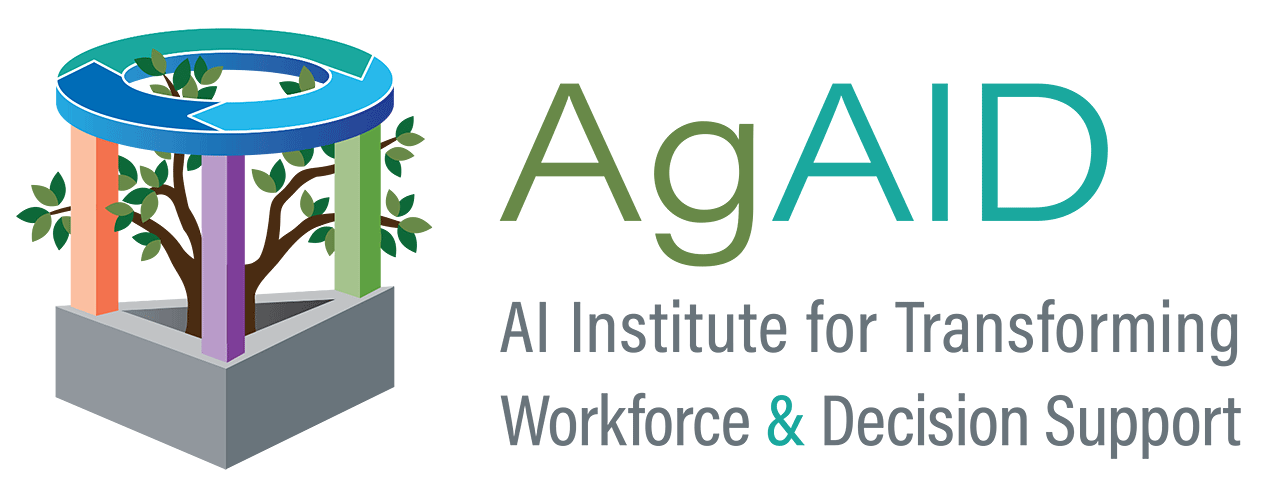The AgAID Institute hopes to apply AI to many areas of agriculture amid the anthropogenically changed climate. This will include a search for AI solutions to everything from the dangers of increasing temperatures on crops to climate’s impact on farm labor.
Two WSU researchers, computer scientist Kirti Rajagopalan and economist Michael Brady, are leading an effort to understand the impact of drought on what the institute’s director, Anantharaman Kalyanaraman, referred to in an email as “agricultural decisions.”

“Agricultural decisions” seems to be a key phrase at AgAID. And one of those potential decisions, fallowing, aka “not planting,” seems to be on everyone’s mind. Artificial Intelligence can’t make it rain (yet), but according to Brady, AI has a role to play in “identifying patterns, and then using those to improve prediction.” The hope, he explained, is that farmers, armed with more and more granular information about the water supply, can make more and more granular decisions about water allocation, and thus, eventually become less reliant on fallowing to save resources, and improve crop yields even in drought conditions.

